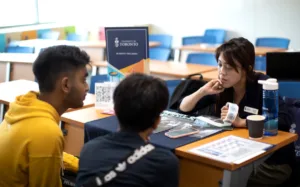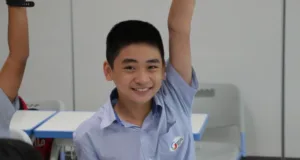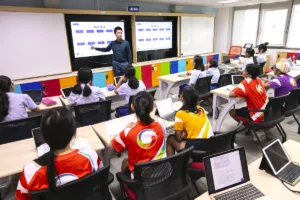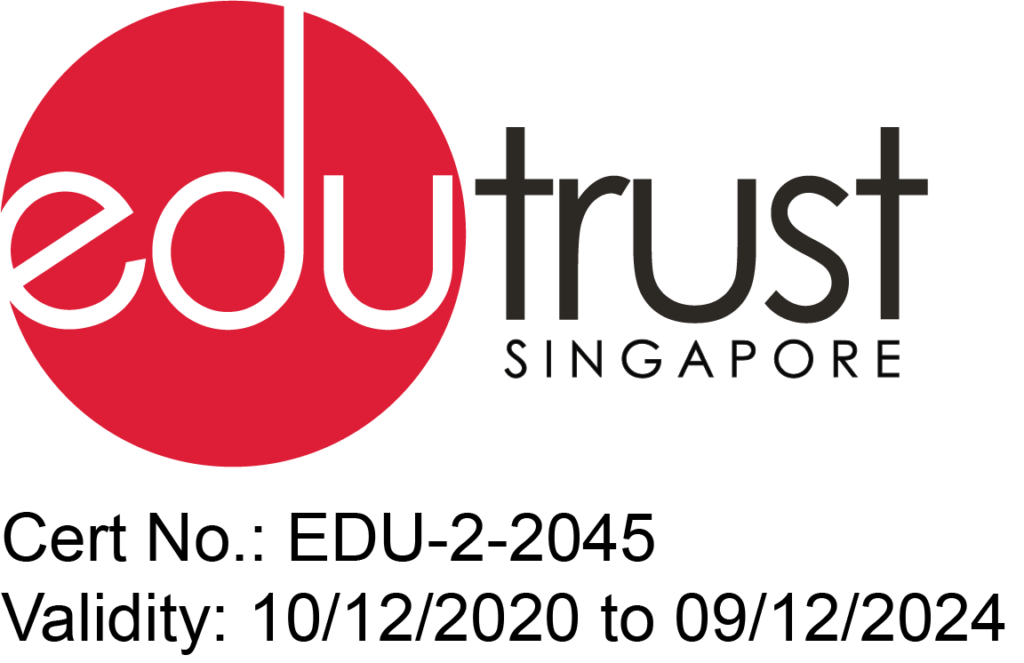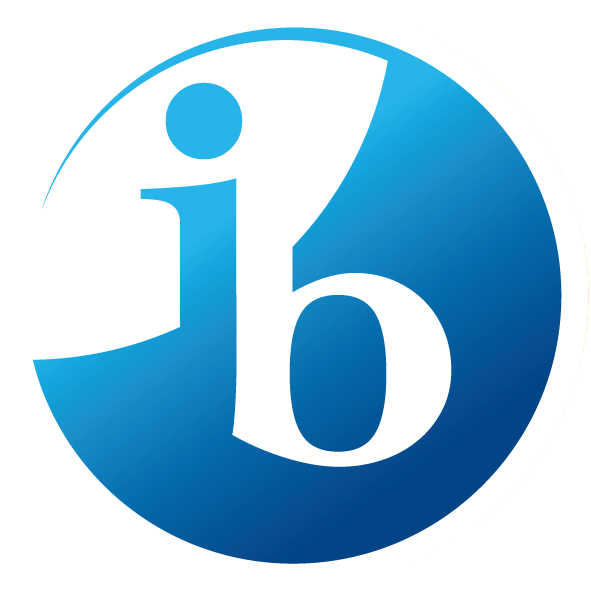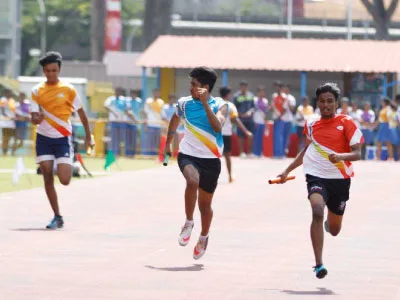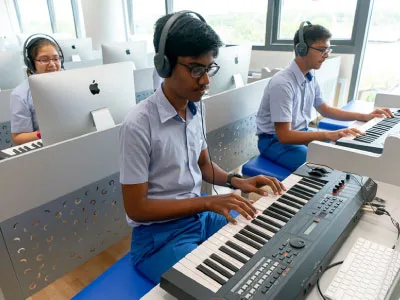The Extended Essay (EE) is one of the three core components of the IB Diploma Programme (IBDP), apart from Theory of Knowledge (TOK) and Creativity, Activity, Service (CAS). Intended to encourage academic research and 21st century competencies, EE is a guided research paper, produced by each student, under the guidance of an EE Supervisor.
In this two-part Q&A series, we speak to Ms. Deepa Chandrasekaran, GIIS IBDP Coordinator, to understand what EE entails and how it helps IBDP students to prepare for university and beyond.
Q1. What makes Extended Essay an integral part of the IB Diploma Programme?
As we understand, IBDP focuses on the 10 IB Learner Profile attributes and Approaches to Teaching and Learning Skills, and what we see is that the IB insists on creativity, developing thinking skills, research skills, communication skills, and self management skills.
Moreover, the overarching objective of the IB is to develop international mindedness. EE, therefore, is considered one of the main components of the DP that develops these qualities among the students.
It is a guided research paper, written over a period of one-and-a-half years. In DP every subject requires research, and that is why they have the Internal Assessments (IAs). In the IA, a student is again doing individual research under the guidance of the subject teacher and producing a paper but those papers or those assignments are minimal.
It could be just 800-1600 words, a mini essay but not to the extent of an Extended Essay, which is very exhaustive.
‘EE has all aspects of a research paper’
The maximum word count for EE is 4,000 words. The EE has all the aspects of a research paper – citations, references, credit to ideas/data taken from other people’s work, and making sure there is a coherent, justified analysis of the research question.
If I have to compare it with the research papers written at the university level, our alumni have come back and told us how important the EE is since it prepares you well for the University.
Q2. The EE gives students an opportunity for an in-depth study of a topic of their choice. How do students narrow down their topics?
Choosing a topic for the EE is supposed to be the toughest part. What we always tell our students is to choose a topic according to their passion, and not for the sake of choosing a good topic. If you do that then you will get stuck in between because you need to write 4,000 words, which is not easy, and therefore, It is imperative that students choose the right subject and the right topic.
So, we tell our students, if you are interested in physics, research topics in physics. Our students have access to the JSTOR, an online library of academic articles, journals, books and primary sources from various subjects. Most IB schools use JSTOR.
‘IB is all about studying contemporary world issues’
Apart from that, IB is all about studying contemporary world issues, and trying to find solutions or rather equipping students to find solutions to new challenges that come up. So, we tell our students to look around and try to find out the problems they see and with the lens of physics, chemistry or math, and then try to find feasible solutions using the knowledge acquired in the respective subject.
It can be a solution that is already established where you try to improve on it through innovative ideas. Even though the EE briefing is done mid-September, we give students more than a month to come back and tell us what their area of interest is.
Q3. What are the various ways in which a child finds support or can look out for help from the EE supervisor?
For Extended Essay, apart from subject expertise, the supervisor also has to stay updated on IB protocols, criteria, and the timeline.
‘3 mandatory formal meetings with supervisors must be recorded’
What IB prescribes is that there can be as many informal discussions between the supervisor and the student as possible. Informal could mean just a one minute exchange of ideas between the supervisor and the student in the corridor. The IB also strictly says that you sit down with your student three times in the whole process.
IB provides Reflections on Planning and Progress Form (RPP Form) that has to be documented. So, the three mandatory formal meetings between the supervisor and the student must be recorded. That has to reflect in the form of what exactly was the discussion about.
‘Subject teachers as Extended Essay supervisors’
At GIIS, at the beginning of IB Year 1, there is an EE briefing done by the Extended Essay HOD at the school.
Once that’s done, the students fill in a form to provide details on:
● preferences in terms of subject
● probable topic
● Supervisor name
Also read: 5 reasons why IBDP is respected by world’s leading universities
At GIIS, on an average, we try to limit it to eight essays per supervisor to make sure it is more or less an equitable distribution i.e. the number of essays each supervisor gets must be manageable.
Once the allocation of the supervisor is completed, students start working with their supervisor.
If you are keen to know more about IBDP at GIIS, please feel free to contact our friendly admissions counsellors today.
*Information shared under some sections of this blog is as mentioned in the IB Extended Essay subject brief.
Look out for Part 2 of the Q&A session to learn about the Extended Essay assessments, support provided to students, real-world learnings and tips on choosing a topic.




